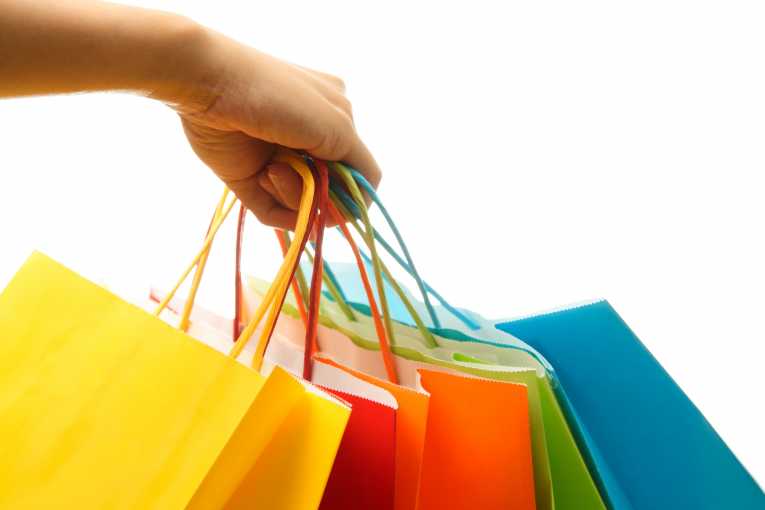Picture © Suprijono Suharjoto
Scientists have found that many reusable bags provided by retailers in the US contain excessive levels of lead.
The US non-profit Center for Consumer Freedom (CCF), working with testing laboratory Frontier Global Sciences, have released results that show that of 44 organisations whose bags were tested, 16 are selling or distributing bags containing lead in amounts greater than 100 ppm (parts per million), which is in many areas the state limit for heavy metals in packaging.
A testing sample was selected on the basis of branding likely to be recognised by the general public, with no correlation to geographical location or state laws for packaging requirements.
National chains CVS and Safeway were found to be selling bags containing nearly 700 ppm – nearly seven times the legal limit. CVS are currently the only chain testing above 100 ppm to recall their bags.
CCF Senior Research Analyst, J. Justin Wilson, said: "Across the country legislators are proposing bills to ban or tax paper and plastic bags, but the unintended consequence of such legislation is that people are using reusable bags, which independent testing shows can often contain excessive levels of lead.
"As an advocate for consumer choice I believe consumers should have the option of using lead-free plastic and paper bags when they're bringing home their groceries."
He accused environmentalists of “trying to have it both ways”, noting that: “They've spent decades campaigning against lead in paint, toys, and even packaging, but when it comes to their own sacred cow, they seem willing to ignore the issue.
"In the end, retailers shouldn't have been goaded into selling these bags in the first place. They were merely doing their best to respond to environmental activists' demands."
Previously, Sears-Canada, Wegmans and lululemon athletic have all recalled bags due to high levels of lead.
The study focused on bags made from nonwoven polypropylene – the most commonly used material in reusable shopping bags. The material is usually made in China, but crucially, can be produced in a range of ways that either include or exclude toxic heavy metals.










